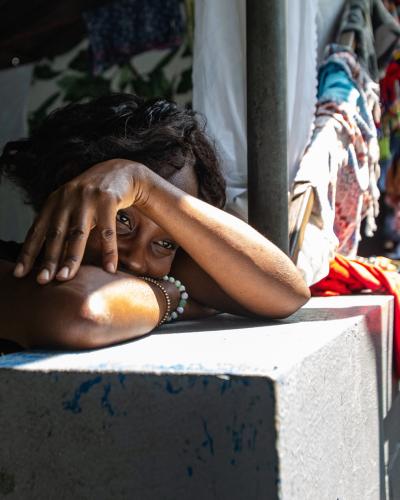The Organisation for Security and Co-operation in Europe (OSCE) and the UN Security Council share the same goal: to establish and maintain peace and security. The Security Council is committed to this mandate at the global level, the OSCE at the regional level. Co-operation between the two multilateral bodies is essential. This was the focus of a briefing to the Security Council today.
The establishment of the OSCE nearly 50 years ago laid the foundation for a peaceful, rules-based order in the OSCE region, as envisioned by the UN Charter. The war against Ukraine has shaken the OSCE and presented it with new challenges, but it continues to make an important contribution to stability in many regions of our continent. In Abkhazia and South Ossetia, for example, it is helping to prevent and resolve conflicts peacefully. In the Western Balkans, the OSCE promotes democratic governance, inclusive elections, human rights, economic activity and the involvement of young people in political processes. These are all key factors for sustainable peace - one of Switzerland's priorities for its membership of the UN Security Council.
As an impartial mediator and observer, and through its independent election monitoring, the OSCE is a central pillar of the architecture of peace and security in Europe, especially in times of increased pressure. Parallel to its seat on the UN Security Council, Switzerland is also committed to effective multilateralism and peace within the OSCE. It attaches great importance to coherence between the two bodies. A secure Europe also requires a strong and effective OSCE.




